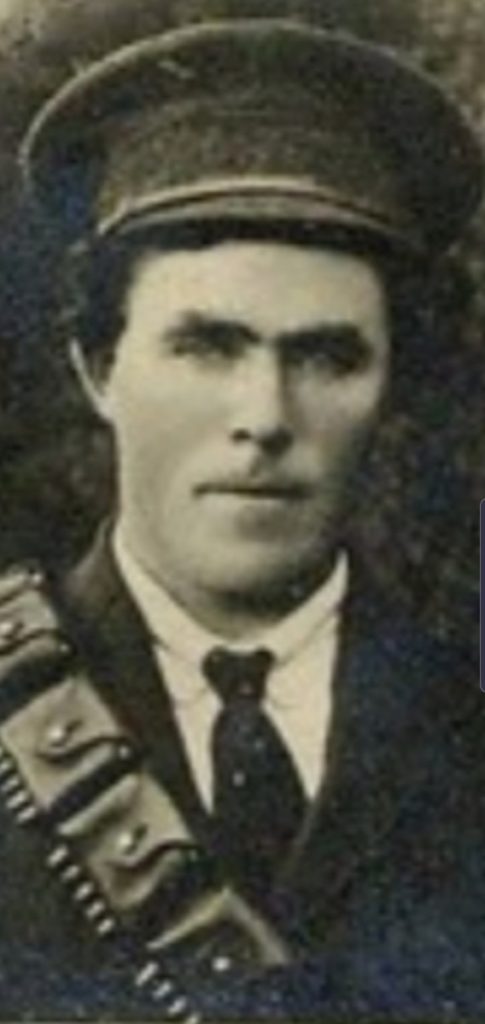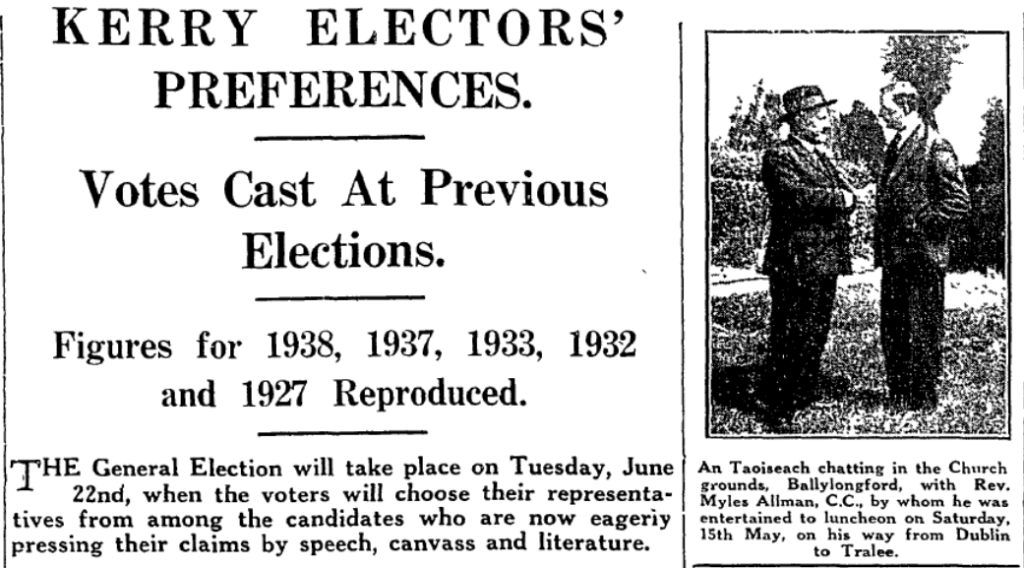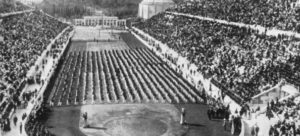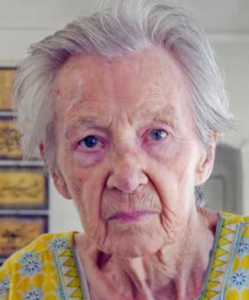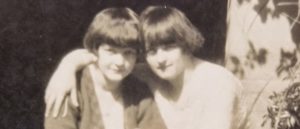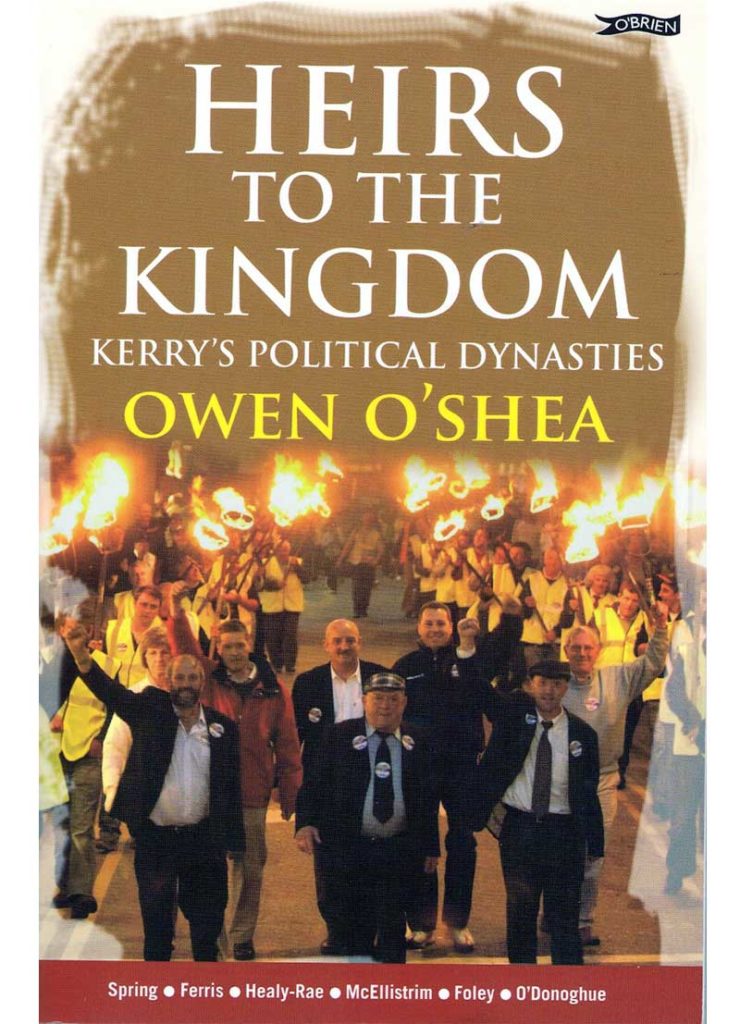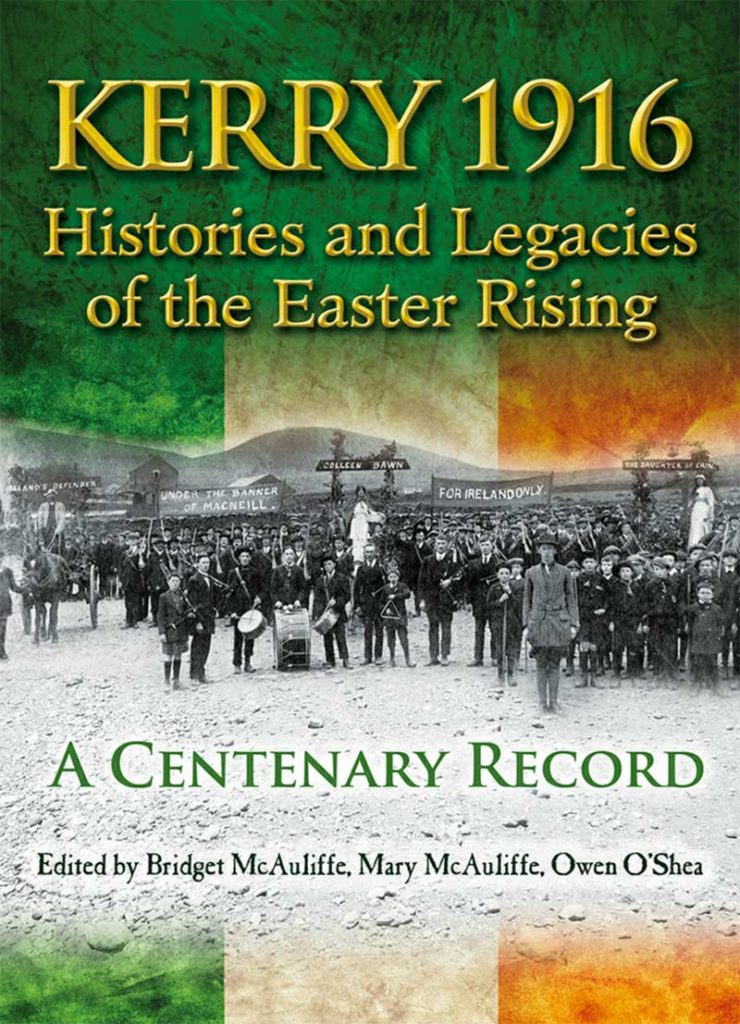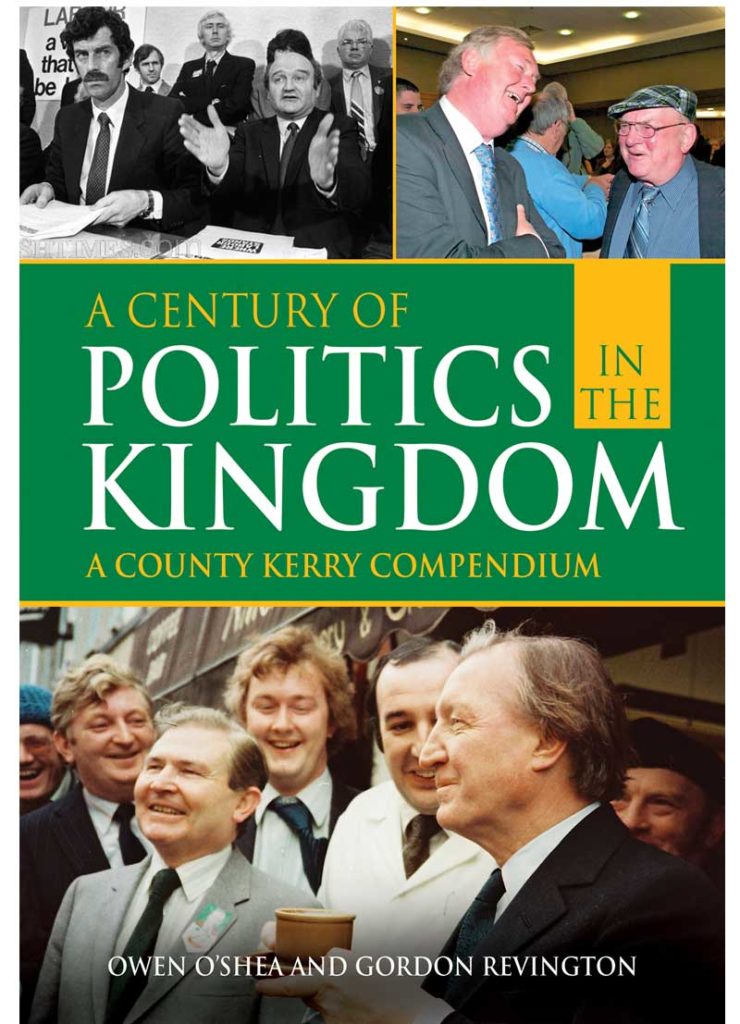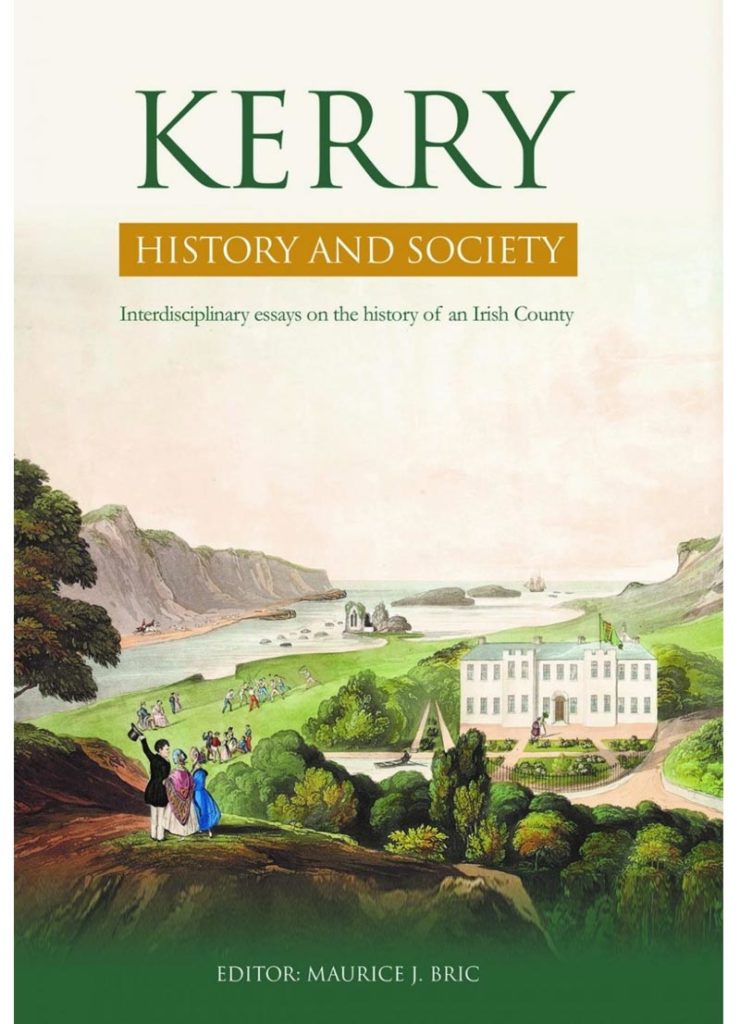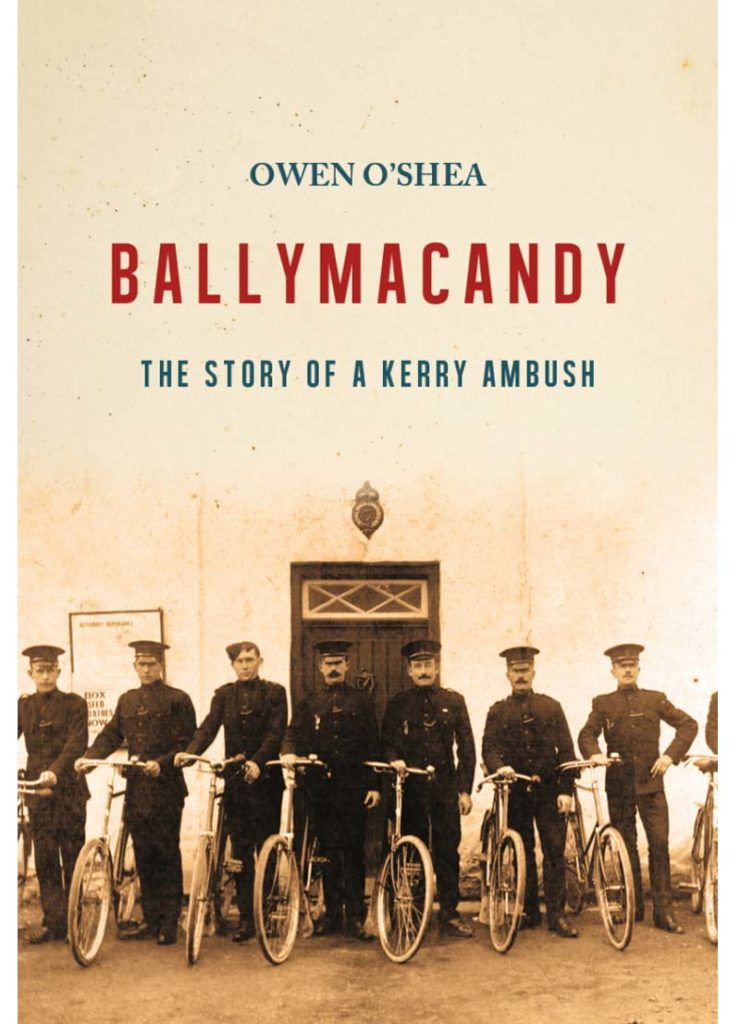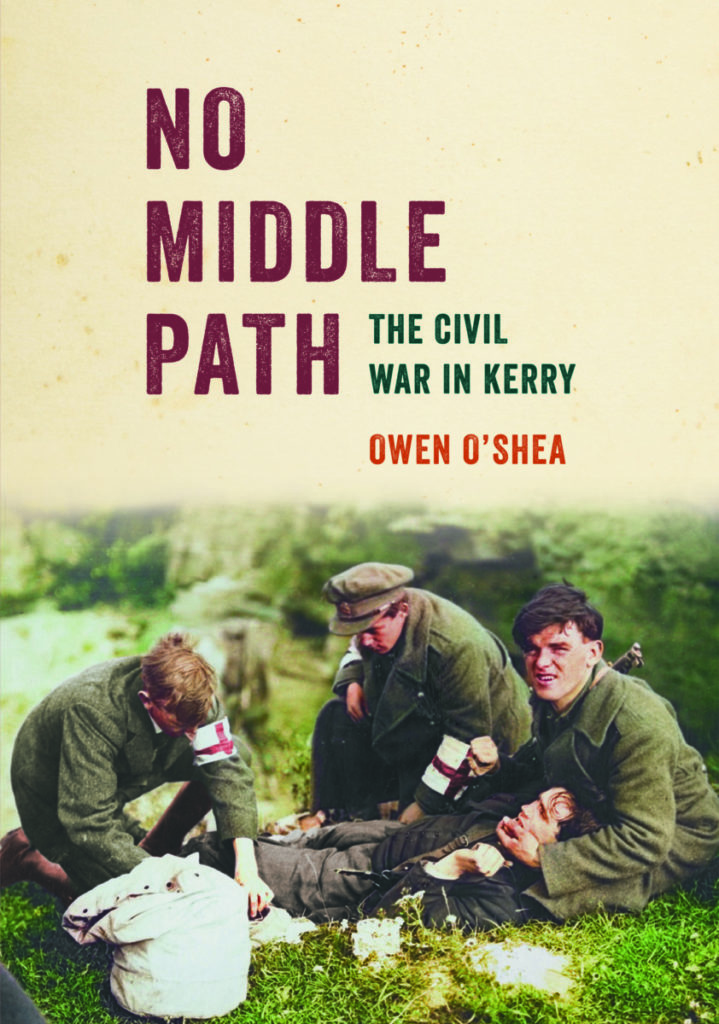Dan Allman’s brother: the formidable republican cleric, Fr Myles Allman of Rockfield
Daniel Allman of Rockfield in the parish of Listry is one of best-known figures of the War of Independence, not least because of his death during the Headford Junction Ambush of 21 March 1921. Another brother, Pat Allman was a prominent anti-Treatyite during the Civil War while their sister, May, who was later a nun, was the officer commanding the Milltown Company of Cumann na mBan. One of the lesser-known members of the Allman family was as militant in his republicanism as his siblings even if he never joined the armed campaign against the Crown Forces. Myles Allman became one of Kerry’s most vocal republicans and anti-Treatyites despite the fact that he was a Catholic priest. Such was his anti-Treaty and republican activity and speech-making that he was once reported to the Bishop of Kerry by An Garda Síochána.
Myles Allman was born in Rockfield in 1892 and was ordained to the priesthood in 1916. He was appointed to a parish in San Francisco and did not return to Ireland until 1921 which explains why was he was not involved with his brothers in the IRA during the War of Independence. In America, however, he became immersed in Irish-American politics and was elected chairman of the Friends of Irish Freedom in California. While in San Francisco, he received a telegram to tell him of his brother’s death at Headford Junction. Back in Ireland, he was posted to Ballylongford parish before transferring to Glenflesk in 1943 and Duagh in 1950.
During the Civil War, Fr Allman was among a small minority of Catholic priests who opposed the Treaty and who supported the new Free State and its Cumann na nGaedheal-led government. Two others who went against the hierarchy on the subject were brothers, Fr Joe and John Breen, whose sister Kate was a county councillor. The Catholic hierarchy through their full weight behind WT Cosgrave’s government and condemned the actions of anti-Treaty Irregulars during the Civil War.
But Fr Allman was one of a small number of Kerry priests who supported the Irregulars during their campaign against the Free State army in Kerry in 1922-23. For him, as historian Tom Doyle has noted, there were ‘no doubts about the continuity between the War of Independence and the Civil War and the path the Kerry IRA would have to follow to achieve the republic proclaimed in 1916.’
He was prone to engage in fiery rhetoric during election campaigns and meetings in particular. Addressing 1,000 people in Castleisland in July 1921, he condemned English tyranny and oppression and claimed that the Treaty ‘will deprive Ireland of its rightful place among the nations.’ During the general election campaign of August 1923, An Garda Síochána reported Fr Allman to the Bishop of Kerry, Dr Charles O’Sullivan (a cousin of the Cumann na nGeadheal candidate, Professor John Marcus O’Sullivan) for remarks included in a letter he sent to a meeting of Irregulars in Ballyheigue.
In his letter, Fr Allman incited violence against the government:
The few remaining true soldiers of the Republic have died and shed their blood for Ireland. Why not trample on the Free State now that you have the opportunity and wipe them out for once and for all and wipe them and re-establish yourselves. The true spirit still lives and shall not be quenched.
It is not known whether Fr Allman was sanctioned by the Bishop’s Palace.
In the years after Independence, he aligned himself with Fianna Fáil and became chairman of the constituency executive (Comhairle Dáil Ceantair) of Fianna Fáil in Kerry South. The Fianna Fáil archives from the 1930s and 1940s show that he was hugely influential in the party locally and in relation to candidate selection in the constituency.
Fr Allman was a close confidante of Éamon de Valera who paid him a visit at the presbytery in Ballylongford during a visit by the Taoiseach to Kerry in 1943. Fr Allman was at the centre of a political controversy in the 1940s during which one of the participants in the Ballymacandy Ambush, Jack Flynn, a Fianna Fáil TD since 1932, was thrown out of the party over alleged misdemeanours.
Parishioners record many favourable opinions of Fr Allman’s ministries. In Glenflesk, for example, it is recorded that ‘He did very good work as parish priest here and in Duagh. He established a door collection at the churches.‘
He died on 12 July 1952 and was buried in Aglish cemetery, the resting place of his brothers and other siblings. The funeral was attended by the Taoiseach, Éamon de Valera. The GAA grounds in his native Listry are dedicated to Fr Allman.
Fr Allman features in our book on a century of Kerry politics: A Century of Politics in the Kingdom: A County Kerry Compendium – Owen O’Shea

